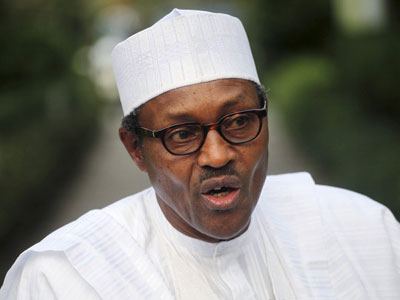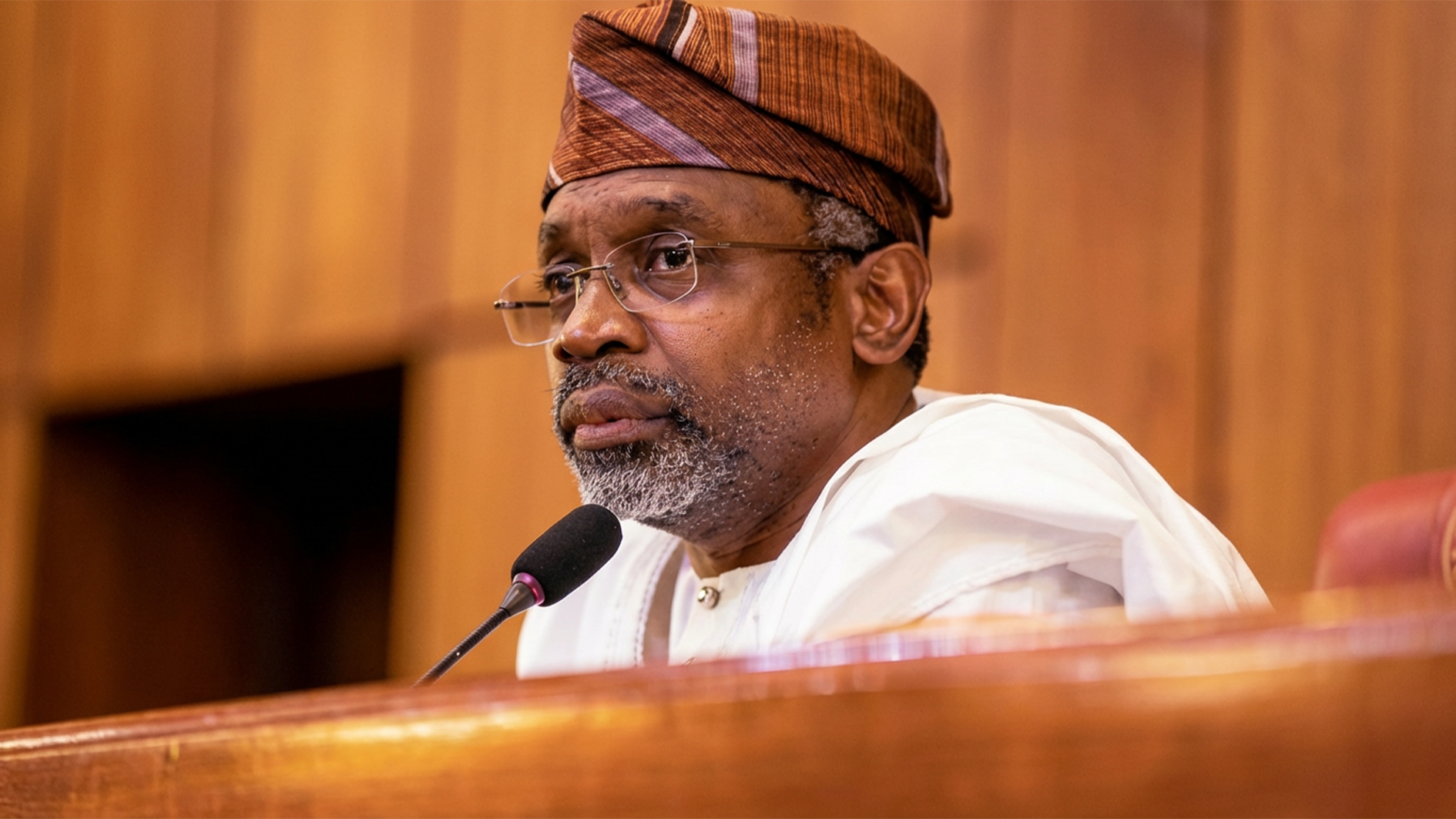
• To retain a minister per state
• ‘Badly’ privatised public assets to be revoked
• MDAs to receive zero budgeting framework Tuesday
AS part of measures to reduce redundancy in public service, President Muhammadu Buhari is working on reducing the number of federal ministries which currently stands at about 28.
He intends to merge those with similar functions.The Guardian had recently reported the plan to reduce ministries.
Also, state-owned enterprises dubiously allocated to friends or relations under the guise of privatisation are to be reviewed and reclaimed by the Federal Government while those that went through transparent and credible processes are to be retained by their investors.
However, to abide by the provisions of the Nigerian Constitution that each state shall be represented by a minister at the federal cabinet, the President will still recommend 36 ministerial nominees to the Nigerian Senate for consideration.
Vice President Yemi Osinbajo revealed these plans of the Buhari-government in a chat with The Guardian and two other media organisations in Abuja at the weekend.
The implication is that most of the ministers to be appointed would serve as Ministers of State to the few senior or supervising ministers.
Osinbajo explained that the plan is part of an overall strategy to reduce waste of public resources and channel same to human capital investment and key infrastructural revival.
The Vice President was responding to questions during the chat on the Federal Government’s economic agenda.
He said: “Definitely, we are not going to have as many ministries as we have now and there is no question at all about that. The President has made it quite clear that he intends to work with fewer ministers and of course you may not have fewer ministers because the constitution says you must have a minister from every state. But surely we must have fewer ministries. That’s definitely what the President has said not once or twice and I believe that we will overcome.”
On the privatisation of public assets, Osinbajo said: “Obviously, there is no intention whatsoever to roll back privatisation. Government generally must honour the obligations because government is a continuum. But suppose what has happened in some cases, for example, is that there was no bidding process and if it was just mere allocation? Some of the noisiest people who complain about policies that would not favour them are people who have benefitted from the system where things were not done properly.
There is no reason why anybody will interfere with the process that was done properly, but if you were just allocated a major government facility without due bidding process, then, it is the duty of government to ensure that you are put through the right process. When individuals have been allocated resources that are very beneficial and there was no due process, then, it cannot be allowed to stand.
Look at the bidding process that took place for telecoms in 2001 and even some of the bidding processs for some of the National Independent Power Project (NIPP) plants although that was stalled and we have to reopen it. People would come forward and make completive bids. That’s the way government grows its resources and you can’t give people gifts that belong to everybody. Privatisation must have integrity, must be transparent and must be proper.
As chairman of National Council on Privatisation (NCP) I very, very strongly believe in privatisation in the first place and I believe that it’s the way to go. I also believe that the process must be strictly transparent and it must be clear to all that there are no entries through back-doors or anything not transparent. It must be stated that there is no intention to roll back any of the privatisation process that has already taken place,” he reassured.
Speaking on the preparation of the 2016 Fiscal Plan of the Federal Government, Osinbajo said efforts were already on, just as he expressed the hope that the budget would not suffer too much delay as the framework will be submitted to Ministries, Departments and Agencies (MDAs) on Tuesday for their input.
His words: “What we are doing at the moment is on the Medium Term Expenditure Framework (MTEF) in particular and we expect that it would be submitted to the House of Representatives very shortly.
‘‘We also have many ministries already working and by Tuesday we would be sending guidelines for the zero budget process and all of that. We have tried to sensitise the heads and have held several meetings between the revenue generating agencies and the Budget Office, the National Planning Commission (NPC) all the revenue generating agencies, like Customs, Federal Inland Revenue Service (FIRS) and others.
We are basically meeting and working out the parameters for the new budgeting system and would by Tuesday, be sending the guidelines to the MDAs. We are trying to work round the clock, holding meetings daily. It’s a rigorous process and I don’t want to commit to any timeline or dates and anyway very soon we are going to have our ministers in place.”
Meanwhile, the Director-General of the NILS, Dr. Ladi Hamalai, who has been talking on the place of the institute and its relevance in the overall contribution to the political and economic growth, regretted that the bill seeking the establishment of the Budget Office of the National Assembly in Nigeria suffered a set back leading to it’s being thrown out.
She gave assurance, however, that NILS, as part of the research base of the National Assembly would spearhead the representation of the bill and push for its passage.
Hamalai explained that the passage would correct the erroneous perception by a section of the population that the National Assembly was not productive enough.
She said: “We are working on it and very soon we will re-present the bill for the Budget Office of the National Assembly because of its importance to even the lawmakers and for the speedy passage of budget proposals by the executive.”






